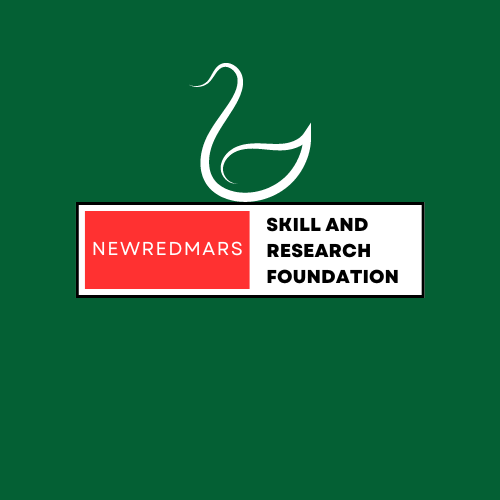- Health care increasingly out of reach for Syrians in eastern Aleppo City
The humanitarian and health situation in Aleppo has reached critical levels5 August 2016 – Dr Hatem Abu Yazan, the General Director of the Children’s Specialised Hospital in Al Shaa’ar in eastern Aleppo City, was on duty in the hospital’s neonatal section on the first floor when he heard the sound of an airstrike. It was a sound that he was used to, and he was wearing his stethoscope which dulled the noise. He did not pay much attention until he saw the doors implode inwards and the windows shatter. Together with a nurse and another doctor, he lifted 9 babies from their incubators and carried them to the basement, where he knew they would be safer. “We waited for 10 minutes for the attack to subside, and then we ran back up to bring the incubators down to the basement, so that they would not be at risk in case of another attack. A few days earlier, Dr Abu Yazan had been overseeing 2 premature 6-day-old babies in intensive care when he was told a third baby in critical condition had been admitted. “The hospital only had 2 functioning intensive care units, so I had to make a decision,” he said. “I removed one of the babies – the one Read more...
- World Refugee Day 2016
First marked in 2001, World Refugee Day is held every year on 20 June. War and persecution have displaced and forced more than 60 million people to flee their homes and seek safety elsewhere. Half of the world's refugees are from WHO's Eastern Mediterranean Region. WHO is concerned about the health of families on the move. “Leaving no one behind” is a central tenet in the Organization’s response to providing access to health care throughout their journey: from their country of origin, as they transit and until they reach their final destination. WHO is working with governments and partners to improve access to health services – one of the most basic human rights. Photo gallery More than 30 million men, women and children from the Eastern Mediterranean Region are currently displaced, forced to flee their homes in search of safety, away from conflict and violence. Credit: WHO Read more...
- Refugee and migrant health
Wars, conflict and persecution have displaced and forced more than 60 million people to flee their homes and seek refuge and safety elsewhere. Of these, more than 1 million migrants and refugees have crossed into Europe by land and sea in 2015. WHO is concerned about the health of families on the move. “Leaving no one behind” is a central tenet in WHO’s response in providing access to health care throughout their journey: from their country of origin, as they transit and until they reach their final destination. Read more about refugee and migrant health Read more...
- WHO health response in Yemen
An escalation of armed conflict in Yemen has resulted in hundreds dead and thousands injured. Read about WHO's response to increasing health needs in Yemen. Read more...
- WHO emergency health response in Iraq
The humanitarian crisis in Iraq has been one of the most rapidly unfolding in the world. The number of people requiring life-saving assistance in Iraq last year doubled, and then doubled again. Three massive waves of displacement, starting in January 2014, have put millions of displaced people, refugees and host families at high, and in some cases, extreme risk. Read more about WHO's response in Iraq Read more...
Useful Links

NEWREDMARS SKILL AND RESEARCH FOUNDATION
Registration No: 771800548 Contact Number : +91-8249516996
